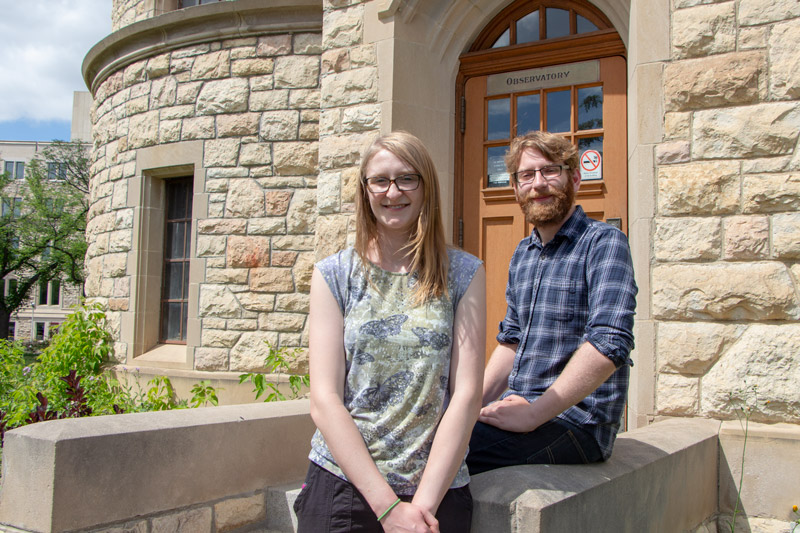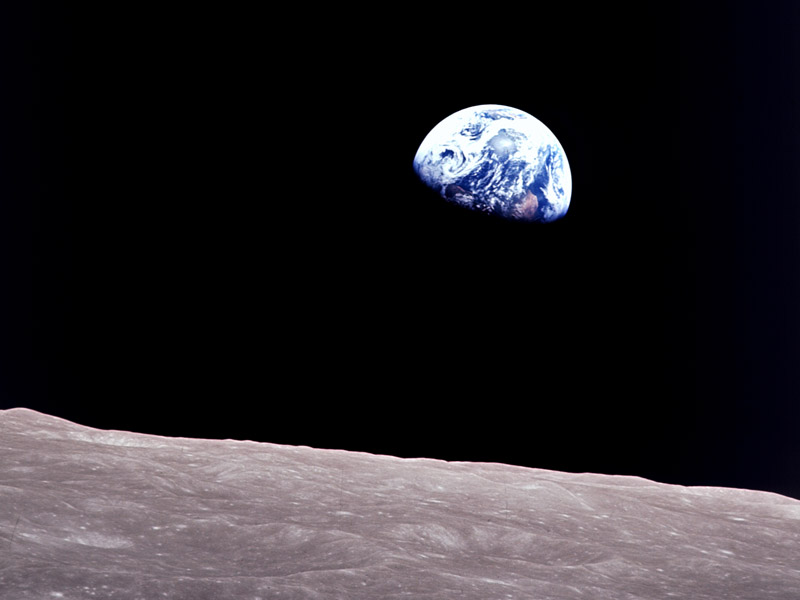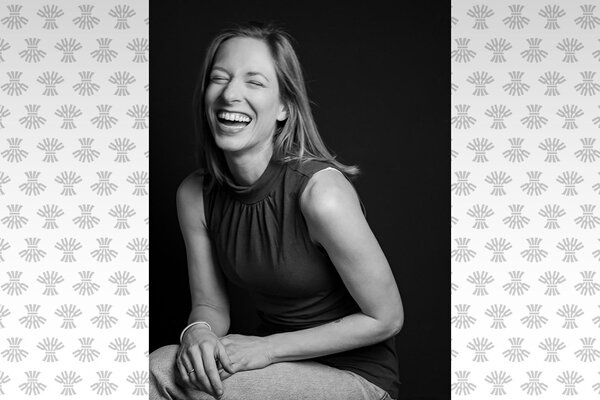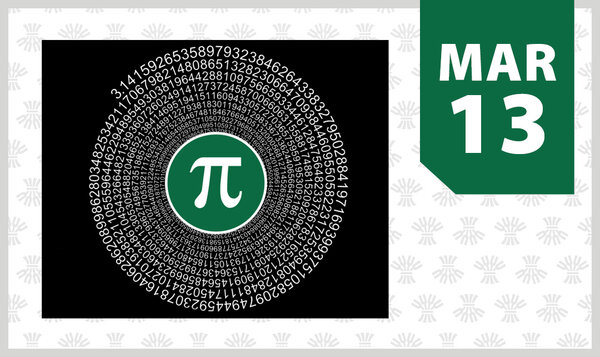
Saskatchewan’s Apollo legacy
USask alumni contributed to the moon landings, and continue to be inspired 50 years later
By Chris Putnam
Fifty years from the moment Neil Armstrong took his first steps onto the surface of the moon, hundreds of people at the University of Saskatchewan (USask) will relive that historic event.
A free public screening of the 2019 documentary film Apollo 11 will be hosted by the USask Observatory on Saturday, July 20. Organizers have timed the event so that the moon walk appears onscreen at 8:56 pm—the exact time of the original walk in 1969.
“I’m hoping there will be a lot of excitement in the room,” said Dr. Daryl Janzen (PhD), a lecturer in the USask Department of Physics and Engineering Physics and lead organizer of the film screening. “People all around the world celebrated it when it happened, and the 50th anniversary is a great milestone to celebrate it again.”
The 8 pm screening at Health Sciences Room 1150 will be followed by a star observation party at the observatory.
The Apollo 11 moon landing was an American initiative, but scientists and engineers from around the world made it possible—including some from Saskatchewan.
“It was a momentous occasion for all of humankind, and I think that’s something we should remember and look back on and commemorate,” said Rina Rast, a third-year student of physics in the College of Arts and Science.
Rast and fellow undergraduate physics student Brennan Rodgers are helping organize the 50th anniversary film screening through their roles as senior guides at the campus observatory.
As they prepared for the anniversary event, the students researched the contributions made by USask alumni to the Apollo program—and were surprised by what they found.
“It kind of made me proud to think that I am studying at the same university that other people had studied at and then gone on to win awards with NASA. It was inspiring,” said Rast.
Saskatchewan contributions
Rast and Rodgers came across names such as Douglas Tilden, a College of Engineering graduate (BE’53) who worked at Boeing on several of the vehicles involved in the race to the moon. Tilden received the Silver Snoopy award—the honour presented by NASA astronauts to employees who had an outstanding impact on flight safety or success—for his role on the lunar rover design and on the Apollo 15 mission.

Other crucial Apollo contributions were made by Dr. Edward J. Baldes (BA’18, PhD), one of the College of Arts and Science’s first 100 Alumni of Influence. As a researcher and later director of the Mayo Clinic, Baldes performed consulting work for the U.S. Air Force that led to the development of the lifesaving pressurized anti-gravity suit used by pilots in the Second World War. He invented the first human centrifuge, the famous spinning contraption used to assess and train Apollo astronauts.
Dr. Donald Shemansky (BE’58, MSc’60, PhD’66) held important roles at NASA in the years following the Apollo program. Shemansky was a co-investigator on multiple outer-planet exploration spacecraft missions and the recipient of 10 achievement awards from NASA.
“It’s exciting to hear about that kind of stuff. It really kind of hits home when you realize that’s here—that’s this university that’s contributing to this massive challenge on an international level. It’s really cool,” said Rodgers.
Rodgers said he was impressed to learn that the “prestigious tradition for space design and research” has continued at USask in the decades since the moon landings.
He points to the success of the University of Saskatchewan Space Design Team, the student group that has racked up a slate of international awards at space elevator and rover design competitions since 2005. The team is now working on building a cube satellite for the Canadian Space Agency.
Other USask alumni, such as Doug Campbell (BE’08, MEng’13, MSc’18) and Jason Leuschen (BE’00), have been shortlisted as astronaut candidates in recent years.
Continued inspiration
Although they were born decades after the moon landings, Rast and Rodgers both say that part of their motivation to study astronomy is owed to the Apollo program.
Rodgers remembers seeing the Apollo 8 image of Earth rising above the horizon of the moon on YouTube when he was in high school.
“That was when I started to realize that there’s a hidden world of secrets and mysteries out there—that you just need to put in effort and try and figure it out,” he said.

Rast traces her fascination with space back to around Grade 10, when she picked out First Man: The Life of Neil A. Armstrong from a library.
“I remember … reading it cover to cover and being absolutely astounded by what I read in it,” Rast said.
As part of their studies, the two students have been involved in exoplanet research, the emerging field of studying planets around other stars.
Rodgers and Rast both hope to pursue graduate studies in astronomy after they complete their bachelor’s degrees.
“There’s a lot of discoveries that are just sitting out there waiting to be made. It’s a very exciting time to be doing astronomy,” said Rodgers.
Rast said she continues to be motivated by a quotation by Neil Armstrong. Asked why humankind should go to the moon, Armstrong said in 1969, “It’s in the nature of his deep inner soul. We're required to do these things just as salmon swim upstream.”
“Something that I’ve tried to take to heart in coming to university, trying to get my degree studying astronomy, is salmon swimming upstream—because it’s not always easy, but it’s worthwhile,” said Rast.


